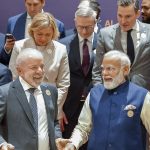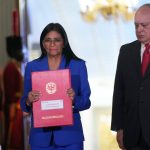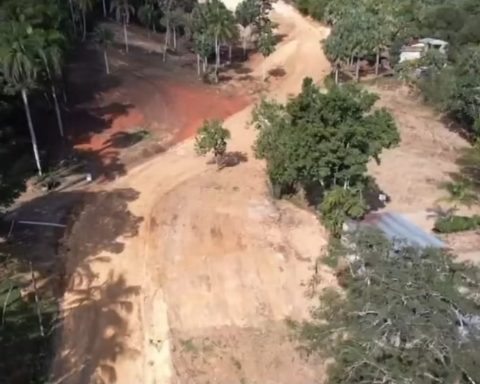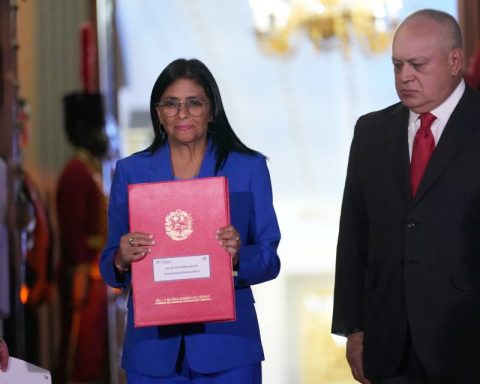The Minister of Education and Culture, Pablo da Silveira, questioned the reduction in the qualification that the international organization Reporters Without Borders (RSF) gave to Uruguay this year, since in its annual ranking of freedom of the press our country fell 26 positions from 2021 to 2022.
While Uruguay was in 18th place last year, it is now in 44th place, according to the report, which also explains that “despite a favorable context, several investigative journalists have been subjected to threats, intimidation and judicial pressure. ” including some who were covering sensitive issues that “involved” members of the Luis Lacalle Pou government.
In an interview for Channel 5, Da Silveira said that “Uruguay does not have a problem with freedom of the press” but that “Reporters Without Borders has a problem with its methodology.”
The hierarch added that “we are a government in love with freedom, not only in terms of the media” and reminded that the Executive did not opt for mandatory quarantine during the pandemic. And specifically regarding RSF’s methodological change, he said that “there are a number of issues that we are evaluating that seem to indicate that the methodological change is problematic. Because there are jumps from one year to another that are not explainable. For example, Uruguay dropped a lot of points to finish in 44th place, and at the same time Argentina went up a lot of points to finish in 29th place”.
“While Uruguay loses positions, Belarus climbs many positions”, he compared.
Da Silveira sees problems in the ranking
“The other problem we see is that the results of the new methodology are not very consistent; there are countries that are above Uruguay in the ranking where journalists die. There is a country that is above Uruguay that in the midst of a pandemic passed a law with which journalists could go to jail for up to six months if they reported “inadequately” on COVID-19, leaving it in the hands of the government what it means to report “inadequately” ”, continued the head of Education and Culture.
And he concluded: “This is no longer a problem of what happened from one year to the next, but rather the photo that this ranking is presenting to us does not seem to match much with what we know is happening in many places.”



















